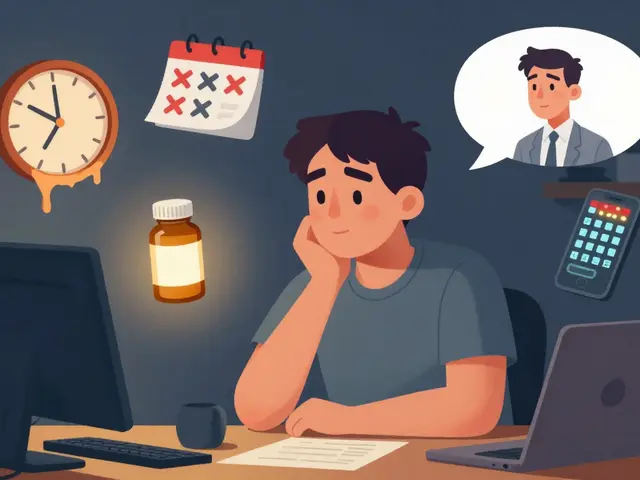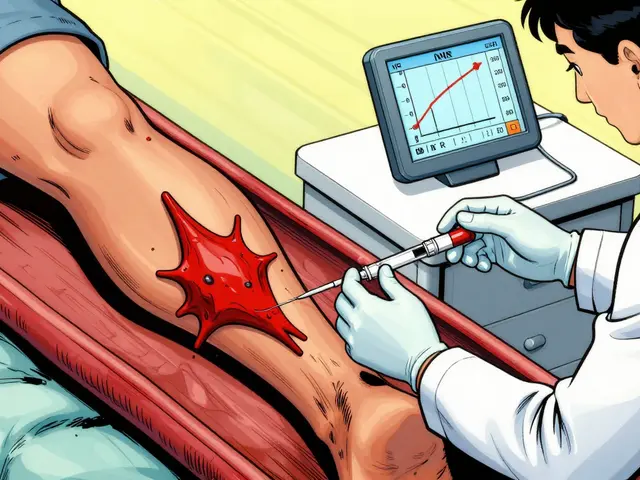Methylphenidate alternatives: safe options when Ritalin isn't right for you
Think Ritalin or Concerta are the only answers? Not true. If methylphenidate causes side effects or doesn’t help, there are clear alternatives — both drug and non-drug — that doctors commonly use. Below I break down the realistic options, what they do, and quick tips for talking to your provider.
Medication alternatives
Stimulant alternatives: If a methylphenidate type didn’t work, many people respond well to amphetamine-based stimulants. Brands include Adderall (mixed amphetamine salts), Vyvanse (lisdexamfetamine), and Dexedrine (dextroamphetamine). They act on similar brain pathways but can feel different — sometimes better focus, sometimes different side effects like appetite loss or sleep trouble.
Non-stimulants: For people who can’t take stimulants, non-stimulant meds are solid options. Atomoxetine (Strattera) is a prescription that targets norepinephrine and can help focus without the same stimulant effects. Guanfacine (Intuniv) and clonidine (Kapvay) are blood-pressure medicines used for ADHD symptoms like impulsivity and hyperactivity. Bupropion (Wellbutrin) is an antidepressant sometimes used off-label for attention issues. A newer option is viloxazine extended-release (Qelbree), approved for pediatric and adult ADHD in some regions.
Off-label and wakefulness drugs: Modafinil (Provigil) is sometimes used off-label for attention problems — it’s not first-line and you should only consider it with close medical supervision.
Non-medical options and safe switching tips
Therapies and coaching: Medication isn’t the whole story. Cognitive-behavioral therapy (CBT), ADHD coaching, skills training, and school/workplace accommodations (IEP/504 plans) significantly help organization, time management, and stress — and they work well alongside meds.
Lifestyle supports: Sleep, exercise, and diet matter. Regular aerobic exercise (20–30 minutes most days), consistent sleep schedules, and correcting nutrient gaps — especially omega-3s — can improve attention for many people.
Switching safely: Don’t stop or swap meds on your own. Tell your doctor which effects bothered you (insomnia, appetite drop, mood swings). They’ll suggest a different class or adjust dose. Expect a short trial period — two to eight weeks — to see if a new treatment helps. Keep a simple symptom log: sleep, appetite, focus, mood, and side effects.
When to see a specialist: If symptoms don’t improve with first or second attempts, ask for a referral to a psychiatrist or ADHD specialist. They can reassess diagnosis, check for coexisting conditions (anxiety, sleep apnea), and fine-tune treatment.
Bottom line: There’s no one-size-fits-all. Whether it’s amphetamines, non-stimulants, therapy, or lifestyle changes, options exist beyond methylphenidate. Be specific with your doctor about what didn’t work — that helps pick the next best step fast.





